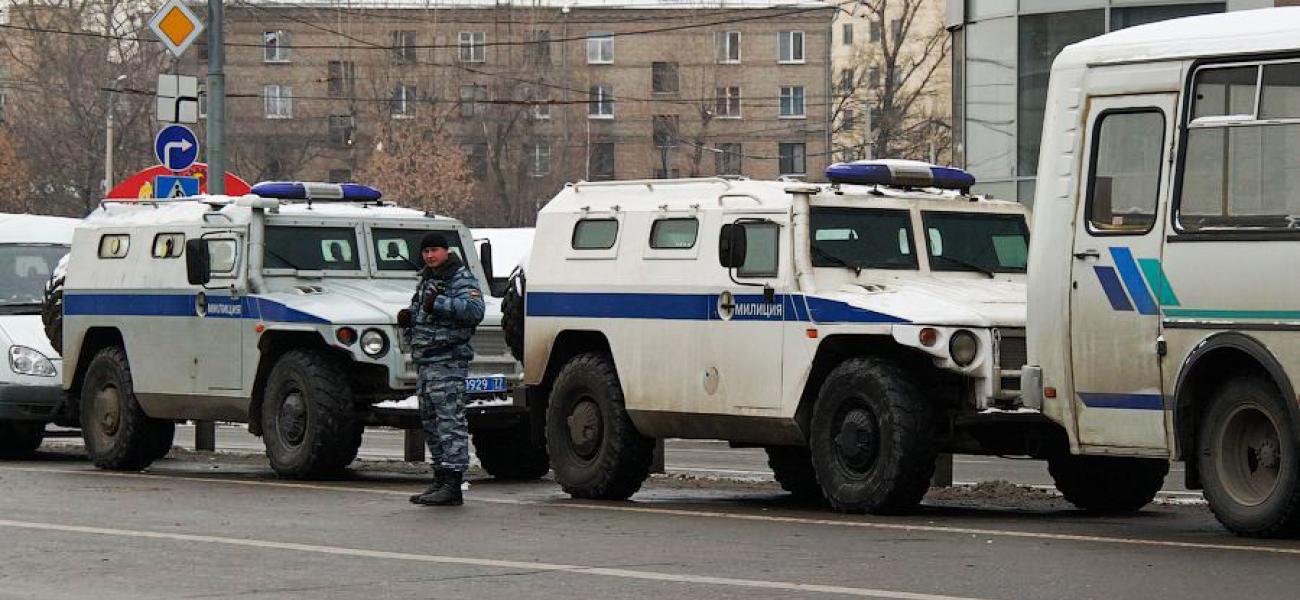
Understanding Methods of Elite Repression in Russia
This is a summary of an article originally published by Chatham House.
The author writes that political repression has become a common, important tool in Russia since 2014, with "a stable, high level of arrests within certain groups of elites." In some cases, there has even been "a spiral of repression," the punishments increasing in number and intensity. The targets of elite repression in Russia show that these people were chosen not for their corruption or violating some informal rules, but rather to send signals to certain groups within the elite. Following Putin's 2014 boost in popularity, his dependence on these elites weakened, allowing him "to deal with them in much harsher ways.” Elites formerly considered immune are now becoming targets, a tactic that plays on public feelings against elites and demonstrates that Putin is on the people's side "against bad elites." The author argues that the economic side to this repression indicates that it will be an ongoing phenomenon. The system, he argues, is "trying to strongarm them [oligarchs] into keeping their assets within the system and to not try to pass them on to their children." If, in the near future, Russia's economy does not improve, the author believes that "the conditions for political repression will remain in place.”
Read the full article at Chatham House.
Nikolai Petrov
Nikolai Petrov is a senior research fellow at Chatham House.
Photo by Vitaliy Ragulin shared under a CC BY-SA 3.0 license.

